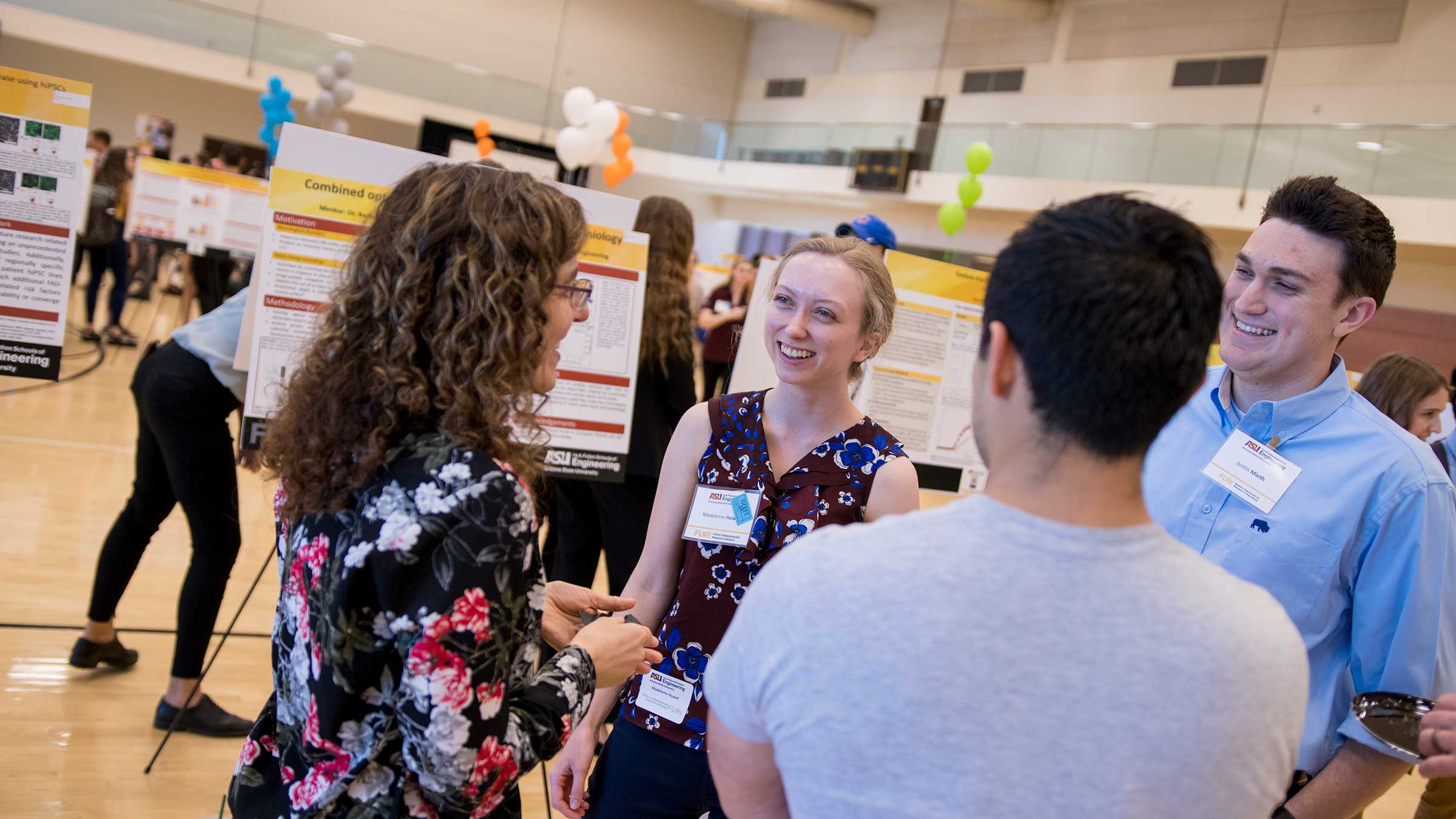
Become a student research mentor
What student research programs need mentors?
Mentors are needed for three student research programs:
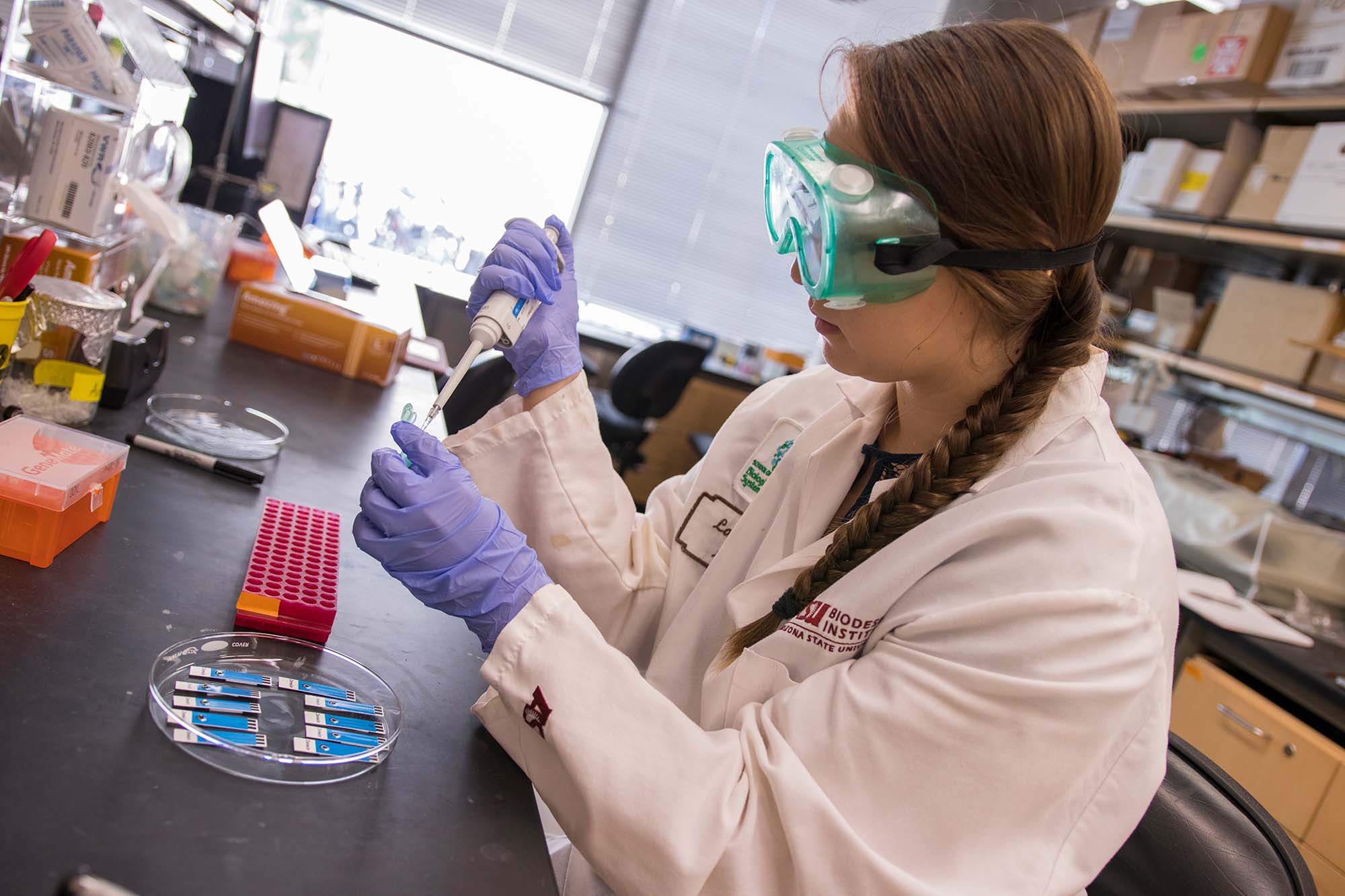
Fulton Undergraduate Research Initiative (FURI)
FURI undergraduate researchers may conduct research for up to 2 consecutive semesters in the Fall, Spring or Summer.
Faculty who mentor FURI students receive a stipend for student research materials/costs and for their professional guidance. See details below.
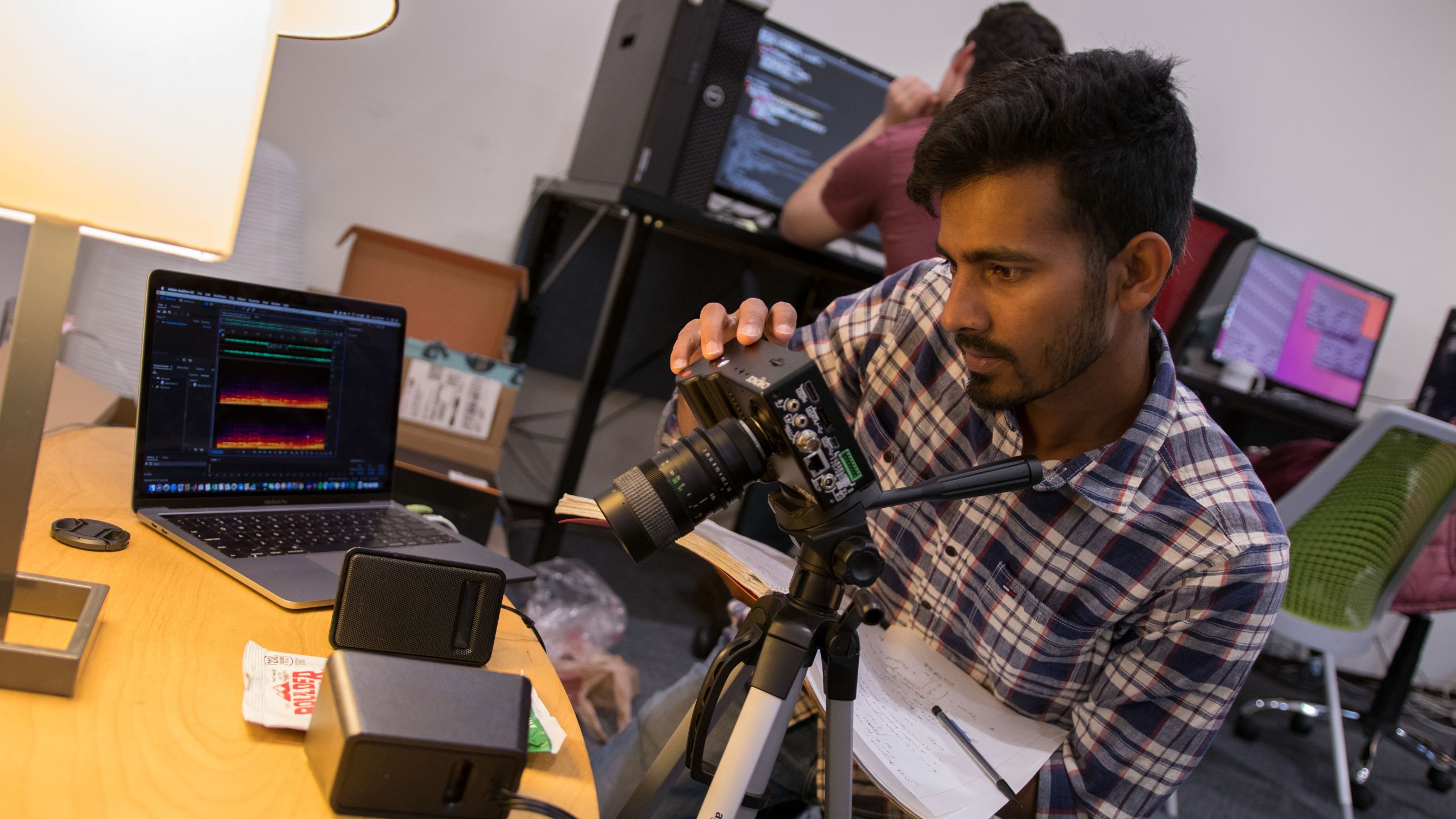
Master’s Opportunity for Research in Engineering (MORE)
MORE master’s student researchers may conduct research for one semester in the Fall or Spring.
Faculty who mentor MORE students receive a stipend for student research materials/costs and for their professional guidance. See details below.
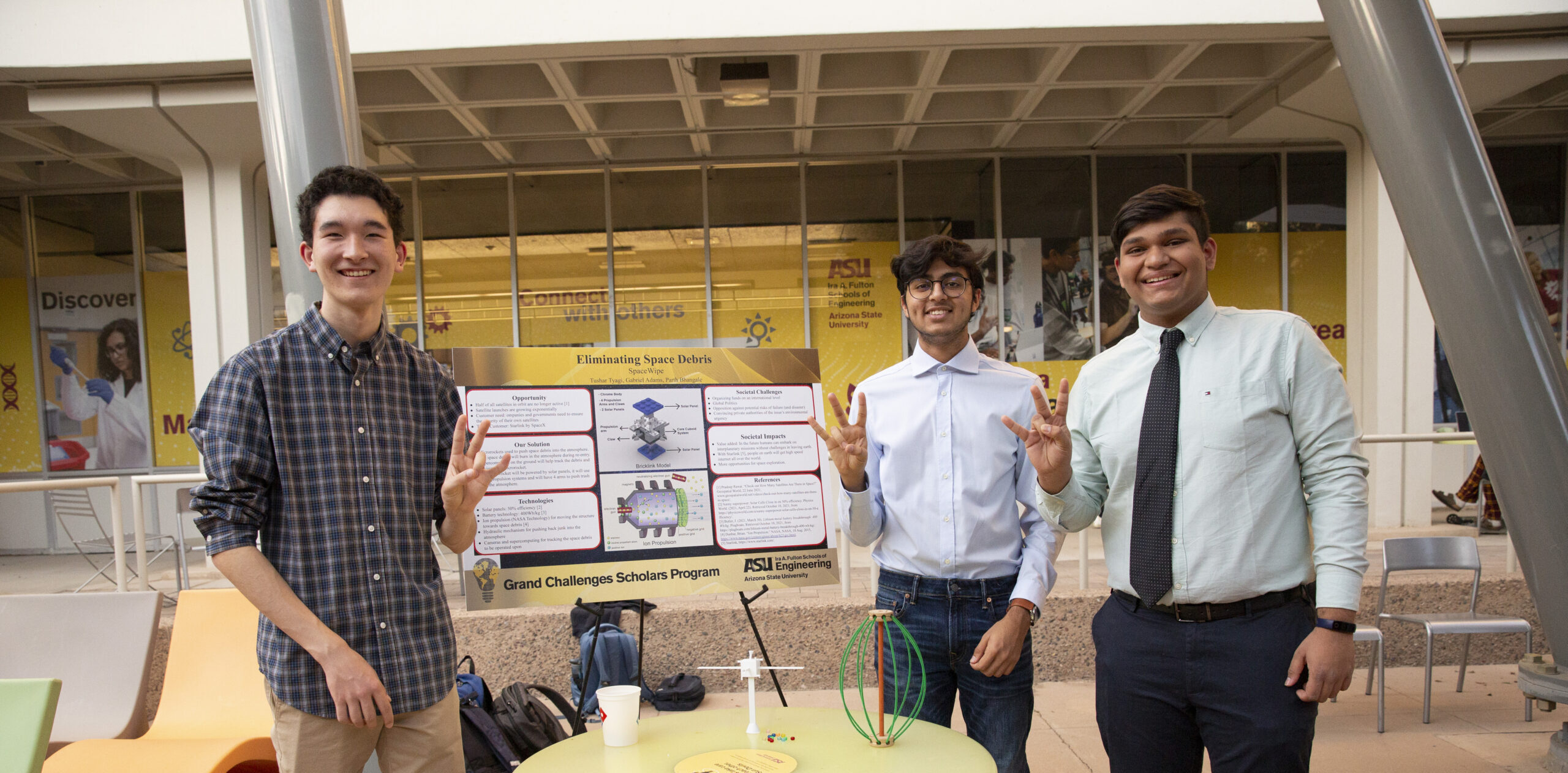
Grand Challenges Scholars Program (GCSP)
Undergraduates in the GCSP program perform research with ASU faculty and can apply for the GCSP Research Stipend for Fall, Spring, or Summer.
Faculty who mentor GCSP students through the GCSP Research Stipend are invited to be designated as GCSP Faculty.
For more information, or to become a GCSP research mentor, contact the GCSP directors.
Other research opportunities
In addition, you may mentor a student researcher without participating in these programs. Contact Michael Goryll, Associate Dean of Undergraduate Programs for more information.
The information below pertains to FURI and MORE mentoring.
There are a few requirements and many benefits to becoming a FURI or MORE student research mentor.
FURI and MORE mentoring requirements
All mentors in a research program must:
- Be a full time faculty member in the Ira A. Fulton Schools of Engineering.
- Be present for the majority of the mentoring period (typically one semester). You may not be on sabbatical, leave or extended vacation.
- Provide an anonymous letter of support with the application and guidance to students through the proposal process.
- Meet regularly with mentee(s) throughout the semester (average approximately one hour per week).
- Review and approve the student’s required documents on time: mid-semester summary, end of semester summary, abstract, and poster for the research symposium.
- Provide advice and professional development opportunities, including submitting research to conferences, applying for travel grant funding, submitting papers for publication and discussing career goals.
Faculty who mentor students in the FURI and MORE programs receive $500 at the end of the semester when the student completes all program requirements.
In addition, FURI and MORE mentors get $500 to go towards materials and costs associated with student research projects.
Money is distributed as a transfer to the faculty member’s affiliated business office. Faculty mentors work with their business office on use and spending of the money.
Faculty can mentor up to five students per semester.
Ready to become a mentor?
The first step is to consider your student research project opportunities, then contact Trudi VanderPloeg, so that she may connect you with interested students.
When a student applies to work on your project, you need to submit a Faculty Mentor Proposal Support Letter for them. If the application is accepted by the faculty committee, the student and the mentor will receive funding for the semester and be all set to get started.
You can also contact Trudi about student research opportunities you may have through REU supplements, other funding sources, or volunteer positions.
A note on funding
You are encouraged to explore further funding opportunities, including grants, to support your researchers after the FURI- or MORE-funded semesters.
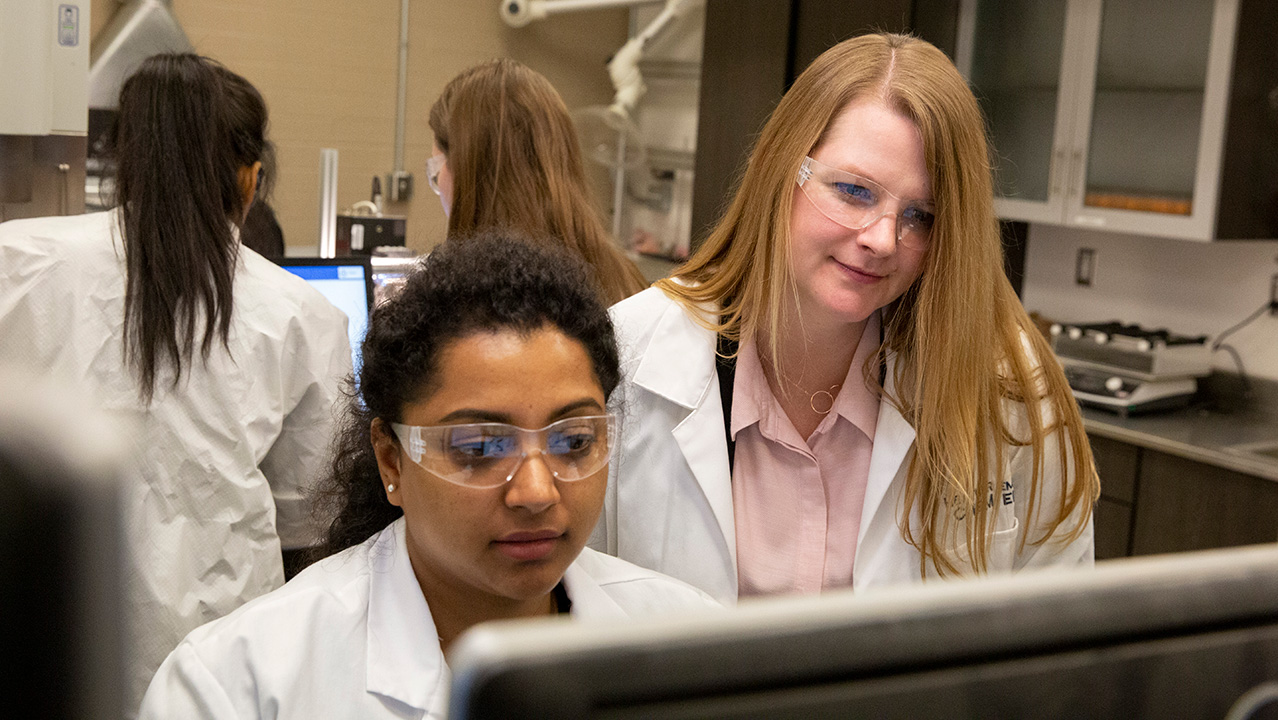
“Mentoring is an extremely rewarding experience, and it is the biggest reason I became a faculty member. I enjoy reading FURI students’ reflections and seeing their growth in learning the research process.”
Heather Emady
Associate professor and student research mentor
Contact us
Learn more about the FURI and MORE programs, the proposal process, and how to connect with student researchers.
Trudi VanderPloeg
Associate Director Student Success and Engagement
ENGR Academic & Student Affrs
Mentoring resources
- Team chemistry is key ingredient in formula for research success: The committee’s report, “Enhancing the Effectiveness of Team Science,” completed in 2015, emphasizes that successful science and engineering collaborations hinge not just on a high level of research expertise but also on organization, planning, management and communications skills — and on leadership that can instill a shared vision of the significance of the project goal.
- Five Effective Strategies for Mentoring Undergraduates: Students’ Perspectives from the Council on Undergraduate Research also has helpful information for how to be an effective mentor.